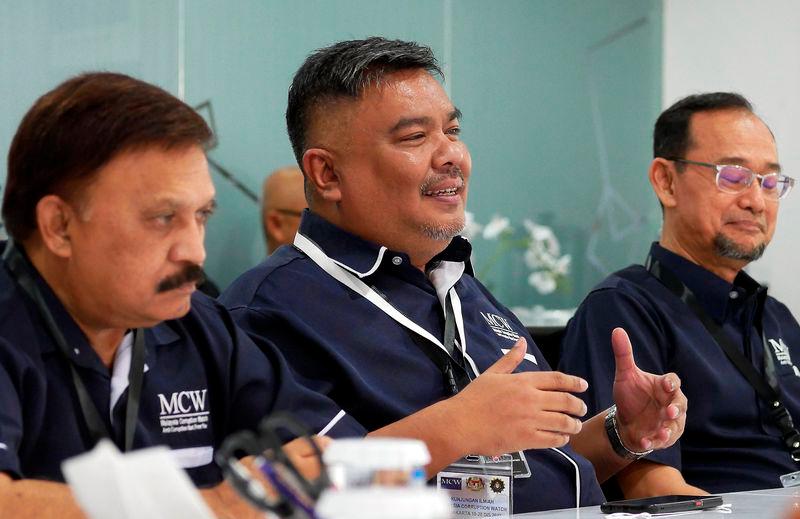KUALA LUMPUR: Comprehensive reforms, including expediting institutional reform agendas, strengthening monitoring mechanisms, and enhancing transparency in public resource management, must be implemented to combat corruption in the country, acording tp Malaysia Crime Watch (MCW).
MCW president, Jais Abdul Karim said Malaysia’s unchanged ranking at 57th place in the global 2024 Corruption Perceptions Index (CPI), the same as in 2023, signals that structural reforms have yet to be sufficiently effective.
“Although Malaysia’s ranking did not decline in CPI 2024, this result reflects that anti-corruption efforts are still insufficient to bring about significant changes in the global perception of the country’s governance,“ he told Bernama today.
He stressed that deeper changes must be implemented across all sectors of administration and the economy if Malaysia aims to improve its CPI ranking in the future.
As such, MCW urged that discussions on the CPI should not focus solely on corruption but should encompass governance as a whole.
Transparency International Malaysia (TI-M) today announced that Malaysia’s position in the 2024 Corruption Perceptions Index remains at 57th place, maintaining a score of 50 since 2023.
TI-M president, Dr. Muhammad Mohan said that the score had improved from 47 in 2022, which had placed the country at 61st globally that year.
The assessment measures perceptions of corruption in the public sector across 180 countries and territories worldwide. Malaysia’s CPI score is derived from nine different surveys, based on evaluations from business experts and country analysts.
Meanwhile, Universiti Sains Malaysia (USM) Political Sociology professor, Datuk Dr Sivamurugan Pandian said Malaysia’s consistent ranking at 57th place with a CPI score of 50 since 2023 indicates that the government’s initiatives are on track but more aggressive efforts are needed to achieve the target of ranking among the top 25 countries by 2033.
“This means the actions taken by the government are still on the right path, but we need to do more. Over the next 10 years, we aim to be among the top 25 countries by 2033,“ he told Bernama.
Dr Sivamurugan also emphasised that the CPI alone cannot be used as the sole indicator to assess the level of corruption in a country, as it relies on nine global sources covering 180 countries.
“CPI does not gather feedback from the masses, nor does it assess corruption within the private sector or irregularities related to tax fraud and other illicit activities.
“This is why I believe we cannot rely solely on the CPI to measure corruption levels. Instead, it should serve as a guideline to understand where we stand globally,“ he explained.
He added that other factors must also be considered, including the government’s initiatives, efforts by various agencies beyond the Malaysian Anti-Corruption Commission (MACC), and systemic changes introduced by the government.
ALSO READ: Malaysia remains at 57th spot in global Corruption Perceptions Index 2024









